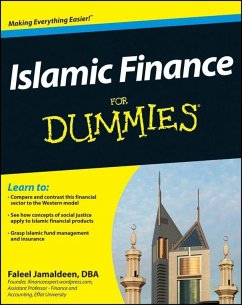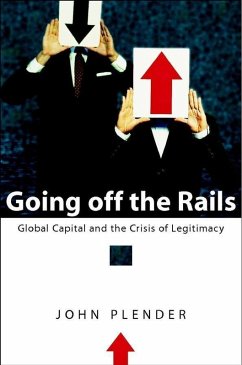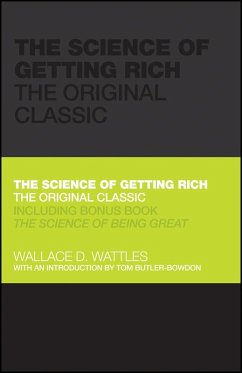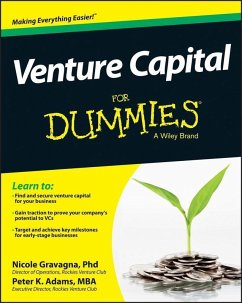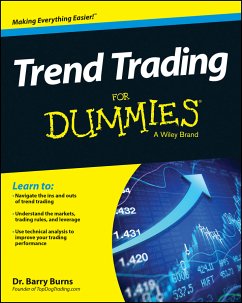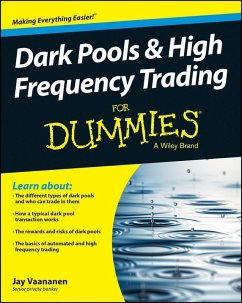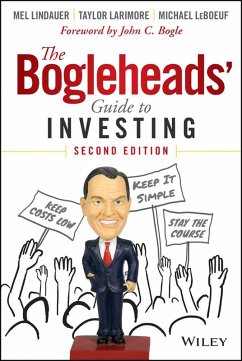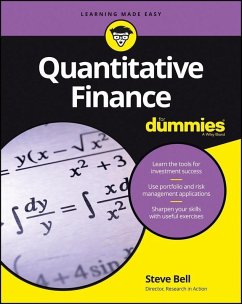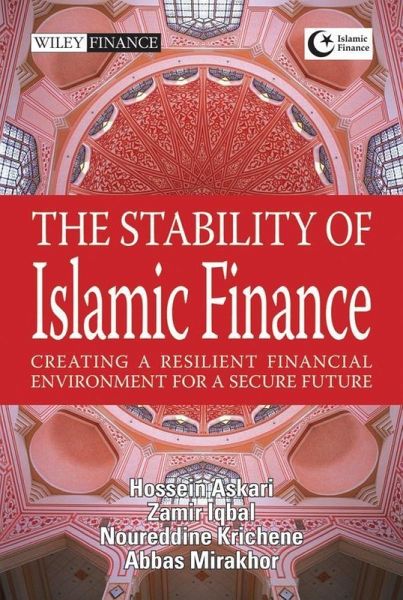
The Stability of Islamic Finance (eBook, PDF)
Creating a Resilient Financial Environment for a Secure Future

PAYBACK Punkte
0 °P sammeln!
The Stability of Islamic Finance main focus is on thequestion of the sources of financial instability which seemsinherent in the conventional system. As a core component of thisfocus, the book will consider episodes of turbulence andinstability in a historical context recalling the occurrence ofsuch events from mid-19th century to the present. It will presentvarious theoretical explanations along with solutions andalternative financial systems that avoid instability provided byvarious scholars dating back to mid-19th century to present. The book then will present and discuss the architecture o...
The Stability of Islamic Finance main focus is on thequestion of the sources of financial instability which seemsinherent in the conventional system. As a core component of thisfocus, the book will consider episodes of turbulence andinstability in a historical context recalling the occurrence ofsuch events from mid-19th century to the present. It will presentvarious theoretical explanations along with solutions andalternative financial systems that avoid instability provided byvarious scholars dating back to mid-19th century to present. The book then will present and discuss the architecture of anIslamic financial system and show that at its core, this systemshares many characteristics of an stable financial system proposedby Western scholars throughout history to avoid the inherentinstability of the present dominant system. Particular emphasiswill be placed on the present financial crisis and its causes aswell the financial crisis of the 1997 in Southeast Asia, Russia,and Latin America relating these episodes to the fundamentalfeatures of the dominant system. The debt crisis of the low incomecountries will also be part of this discussion. It will then arguethat these crises could be mitigated under an Islamic system or anyother system with similar architecture.
Dieser Download kann aus rechtlichen Gründen nur mit Rechnungsadresse in A, B, BG, CY, CZ, D, DK, EW, E, FIN, F, GR, HR, H, IRL, I, LT, L, LR, M, NL, PL, P, R, S, SLO, SK ausgeliefert werden.



